Religion
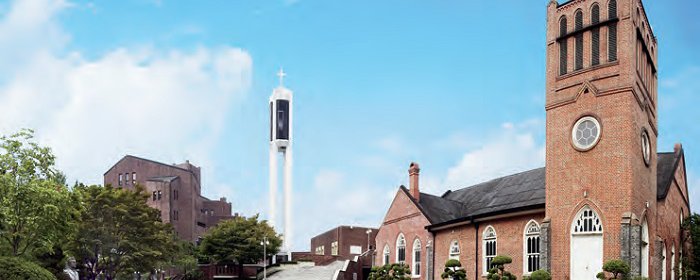
Religion
South Korea is a country where all the world’s major religions, Christianity, Buddhism, Confucianism, and Islam, peacefully coexist with shamanism.
Among them, Buddhism and Confucianism have been more influential than any others upon the life of the Korean people, and over half of the country’s listed cultural heritage is related to the two religions. Since Buddhism arrived in Korea in 372, tens of thousands of temples have been built across the country.
Adopted as the state ideology of the Joseon dynasty (1392–1910), Confucianism is more of a code of ethical conduct that emphasizes the importance of loyalty, filial piety, and ancestor worship. Based on the concepts of Confucianism, the Joseon Dynasty established a code of conduct to settle the manners and customs of the people’s lives. It stresses the importance of chung, the loyalty of subjects to their king, hyo, filial, the obedience of children to their parents, and yeol, duties between the husband and the wife.
Catholicism was introduced to Korea during the late Joseon dynasty period by diplomats who returned from China and Catholic priests who were invited by the Korean Christians. The early Roman Catholics in Korea were subjected to severe persecution, but the religion continued to spread among the common people across the country. Through the persecution many Christians were martyred by the rulers at that time, which led Korea to yield the world’s fourth-largest number of Christian saints.
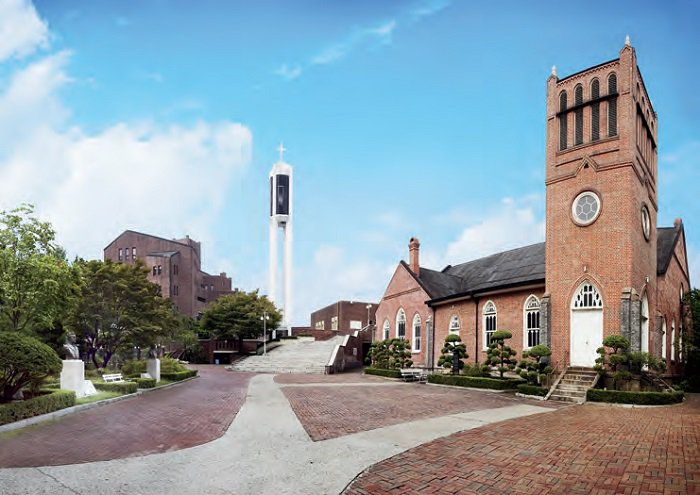
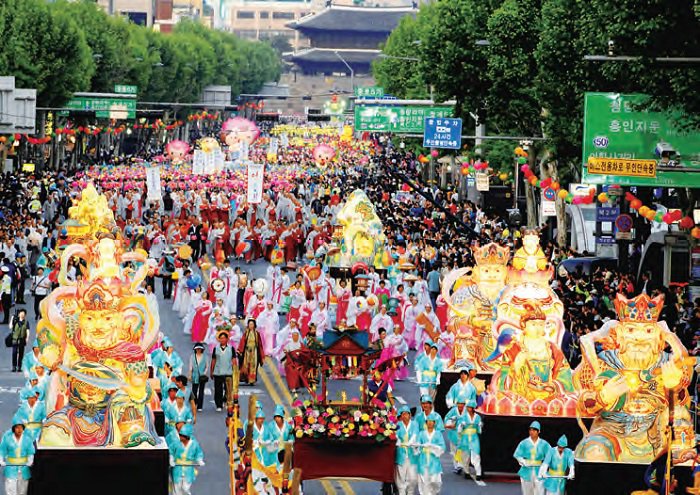
Protestantism was brought to Korea during the late Joseon dynasty period and quickly won people’s hearts through school education and medical services. Even today, Protestants in South Korea operate a great number of educational institutions, middle and high schools, colleges and universities, and medical centers.
In addition to these, there are a rich array of native religions such as Cheondogyo, Won Buddhism, and Daejonggyo, which are still active in increasing the number of their adherents. Cheondogyo, founded on the basis of the Eastern Learning (Donghak) of the 19th century, maintains the doctrine that “Man is Heaven,” which exerted a strong influence upon the process of modernization in Korea. Daejonggyo was established in the early 20th century to worship Dangun, the founder of the first Korean state. In 1955, the Korea Muslim Society was first established, which elected the first Korean imam (Islamic leader), later growing large enough to become the Korea Muslim Federation in 1967.
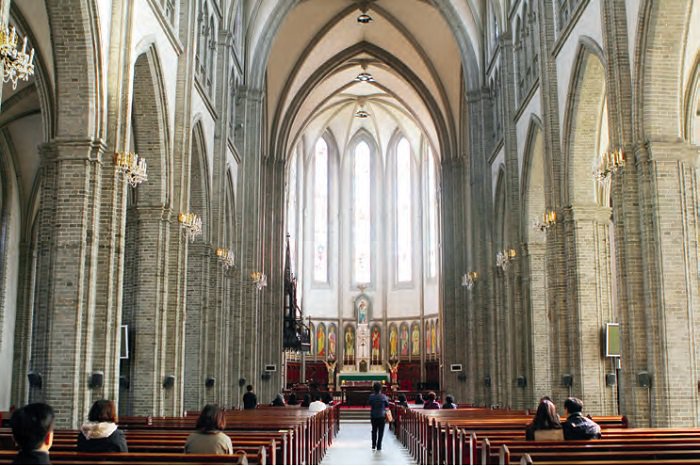
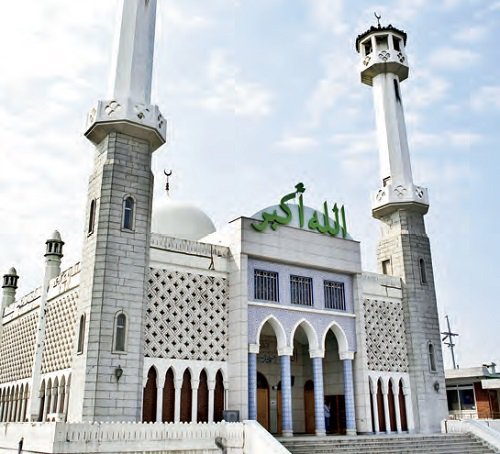
Still, shamanism has also played an important part in the daily life of the Korean people. Some believe shamans can predict their future or they can console the spirit of the deceased. Others visit fortune-tellers when they start a business or get married.
